Is latex backed artificial grass OK for dogs?
Artificial grass has become a popular choice for homeowners looking to create a low-maintenance and visually appealing outdoor space. When it comes to pet owners, especially those with dogs, the choice of artificial grass can be crucial. One common type of artificial grass backing is latex, and it's essential to understand whether latex-backed artificial grass is suitable for dogs.
Advantages of Latex-Backed Artificial Grass for Dogs:
Durability: Latex-backed artificial grass is known for its durability. This quality is particularly important for dog owners because dogs can be hard on outdoor surfaces. They may run, play, dig, and even scratch at the grass. Latex backing can withstand these activities better than some other backing materials.
Easy Maintenance: Artificial grass, in general, requires less maintenance than natural grass. Dog owners appreciate this because it means less time spent mowing, weeding, and fertilizing. With latex-backed artificial grass, maintenance is usually as simple as regular cleaning and occasional brushing to keep the fibers upright.
Cleanliness: Dogs can leave urine and feces on the grass, which needs to be promptly cleaned. Latex-backed artificial grass typically has good drainage properties. Look for products with perforations or a porous backing that allows urine to pass through easily. This helps prevent odors and keeps the surface clean.
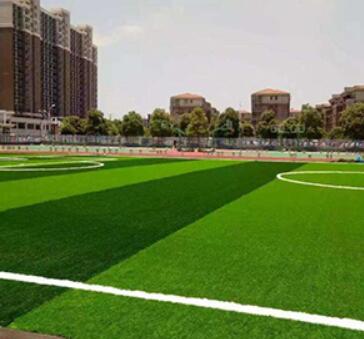
Comfort: Latex-backed artificial grass can provide a comfortable surface for dogs to walk and play on. Some products even come with additional cushioning for added comfort. This can be especially beneficial for older dogs with joint issues.
No Pesticides or Chemicals: Maintaining a natural grass lawn often involves the use of pesticides and fertilizers, which can be harmful to dogs if ingested. With artificial grass, you eliminate the need for these chemicals, creating a safer environment for your pets.
Allergen Reduction: Natural grass can harbor allergens like pollen, which may affect both humans and dogs. Artificial grass doesn't produce allergenic pollen, potentially making it a better choice for those with allergies.
Considerations for SBR Latex Backed Artificial Grass with Dogs:
Additional reading:Advantages and Applications of Styrene Acrylic Emulsion
Cellulose Ether: Understanding Its Applications and Benefits
What is difference between plastic emulsion and acrylic emulsion?
What is the use of sulfonyl chloride?
Which grade of HPMC is best?
What is copper sulfate mainly used for?
Tantalum-Tungsten Alloy: The Best Choice for High Strength and Toughness Materials
While latex-backed artificial grass can be a good choice for dogs, there are some factors to consider:
Temperature: Artificial grass can become quite hot in direct sunlight, especially in warm climates. Dogs may find it uncomfortable to walk or lie on hot surfaces. To mitigate this, you can hose down the grass to cool it or provide shaded areas for your pets to rest.
Infill Material: Some artificial grass installations require infill materials like silica sand or rubber granules. These materials can enhance stability and drainage while providing a more comfortable surface for dogs. Ensure that the chosen infill is pet-friendly and non-toxic.
Chewing and Digging: While latex-backed artificial grass is durable, it's not impervious to damage. Dogs that are prone to chewing or digging may damage the grass over time. Training and supervision can help prevent such behavior.
Professional Installation: For the best results, it's advisable to have your latex-backed artificial grass professionally installed. This ensures that the grass is properly secured, minimizing the risk of wrinkles or uneven surfaces that could be tripping hazards for dogs.
Regular Cleaning: To maintain a clean and odor-free environment for your dogs, you'll need to promptly remove solid waste and rinse the grass surface regularly. Some artificial grass products come with antimicrobial properties to help combat odors.
In conclusion, latex-backed artificial grass can be a suitable and practical choice for dog owners. Its durability, easy maintenance, and pet-friendly features make it an attractive option for creating a safe and comfortable outdoor space for your canine companions. However, proper installation, regular maintenance, and consideration of your local climate and your dog's habits are essential to ensure a successful and pet-friendly artificial grass installation.LEARN ABOUT SBR LATEX
Is sodium cumene sulfonate safe?
Unveiling the Impact and Solutions for Sulfur Dioxide Pollution
What is Sodium sulphide used for?
How PUR Hot Melt Adhesive Works: Bonding and Sealing Applications
Advantages and Versatility of Redispersible Polymer Powder (RDP)
Properties and Applications of SF6 Specialty Gas
Unlocking the Potential of Methyl Hydroxyethyl Cellulose (MHEC) in Various Applications
141
0
0
Previous: What is salicylic acid in skin care?
Related Articles


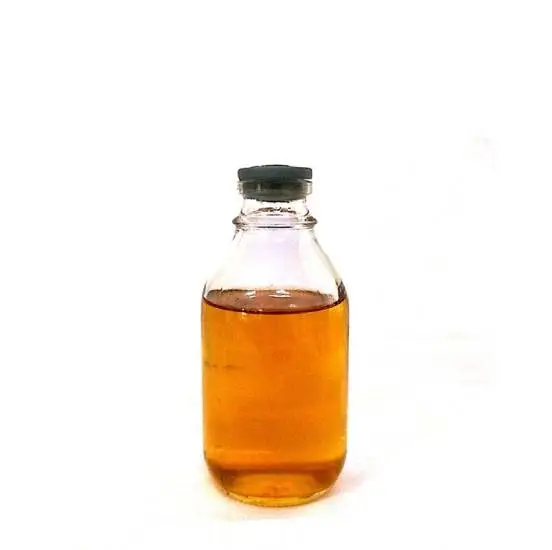

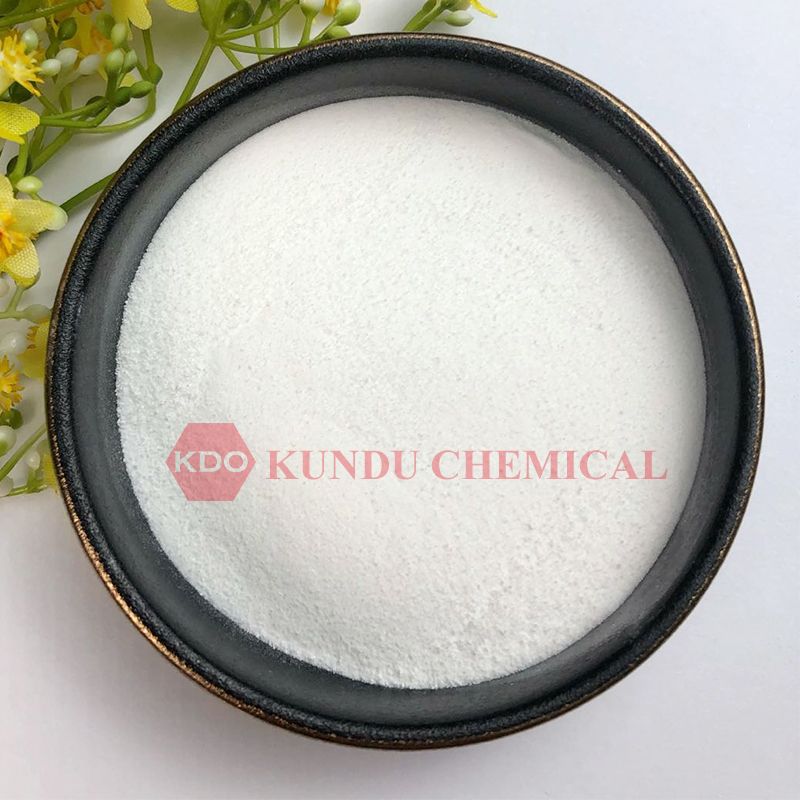
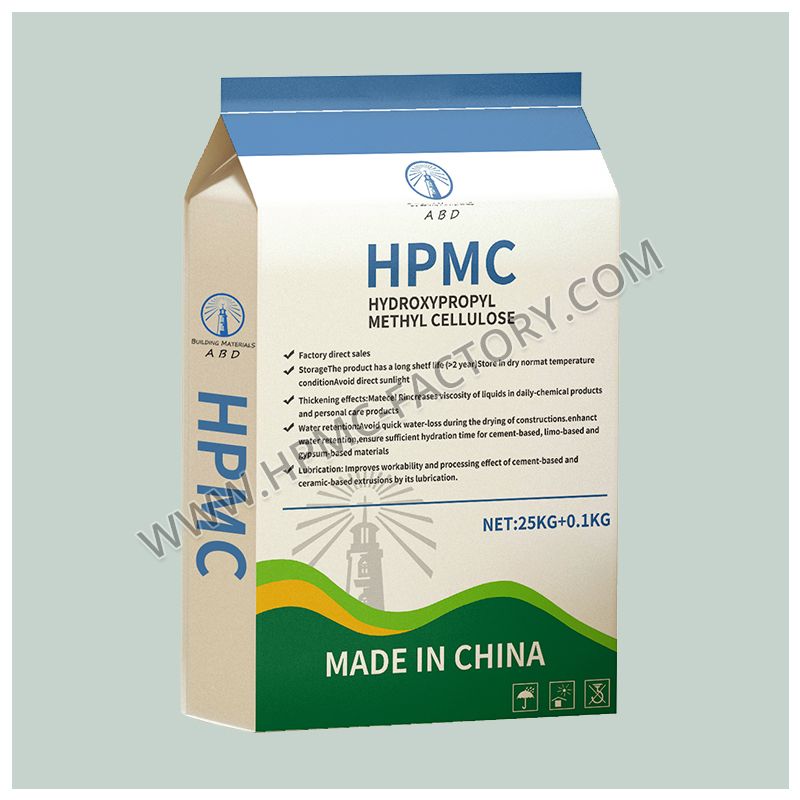
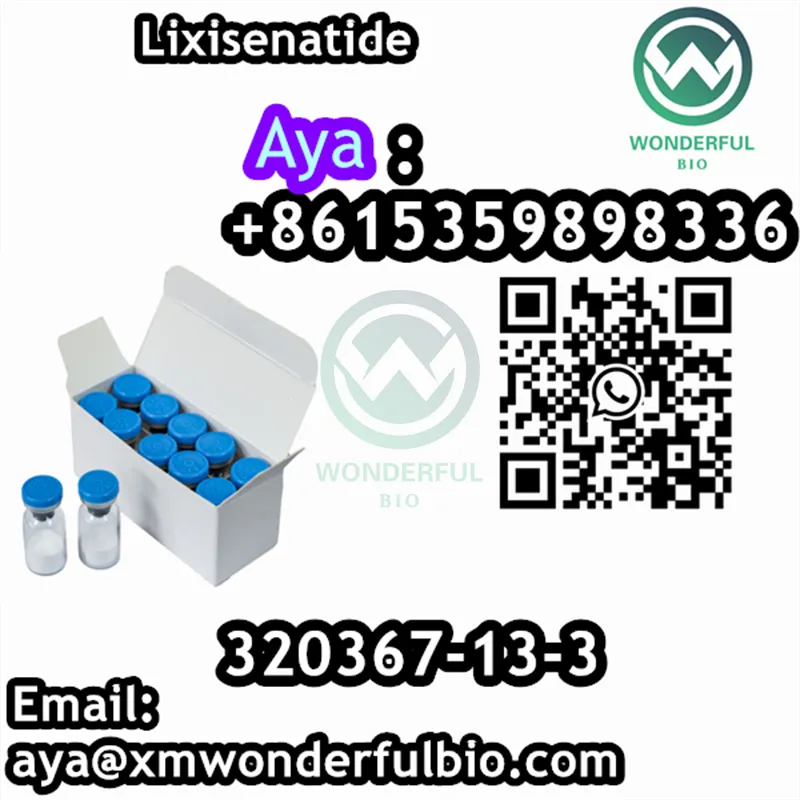
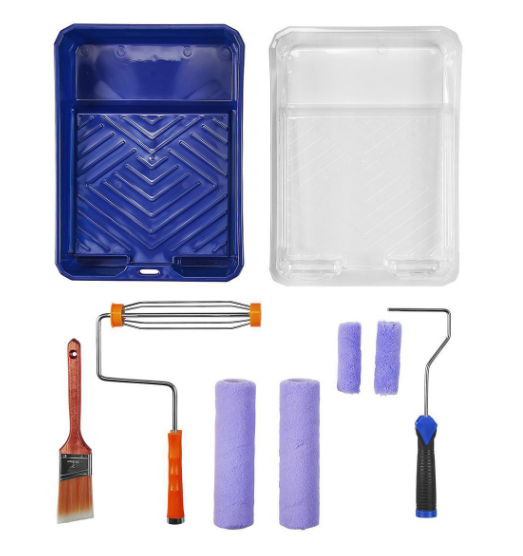
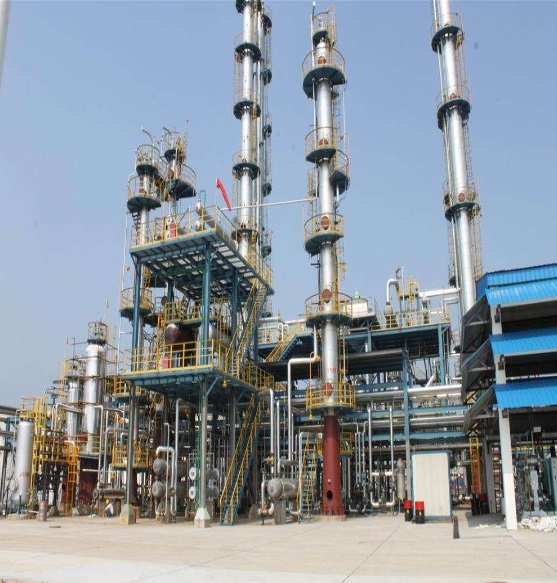
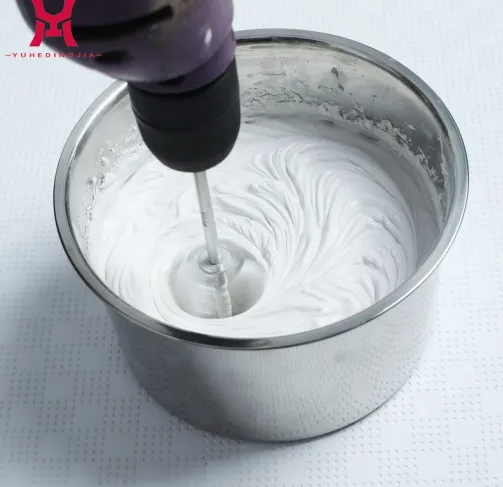
Comments
All Comments (0)